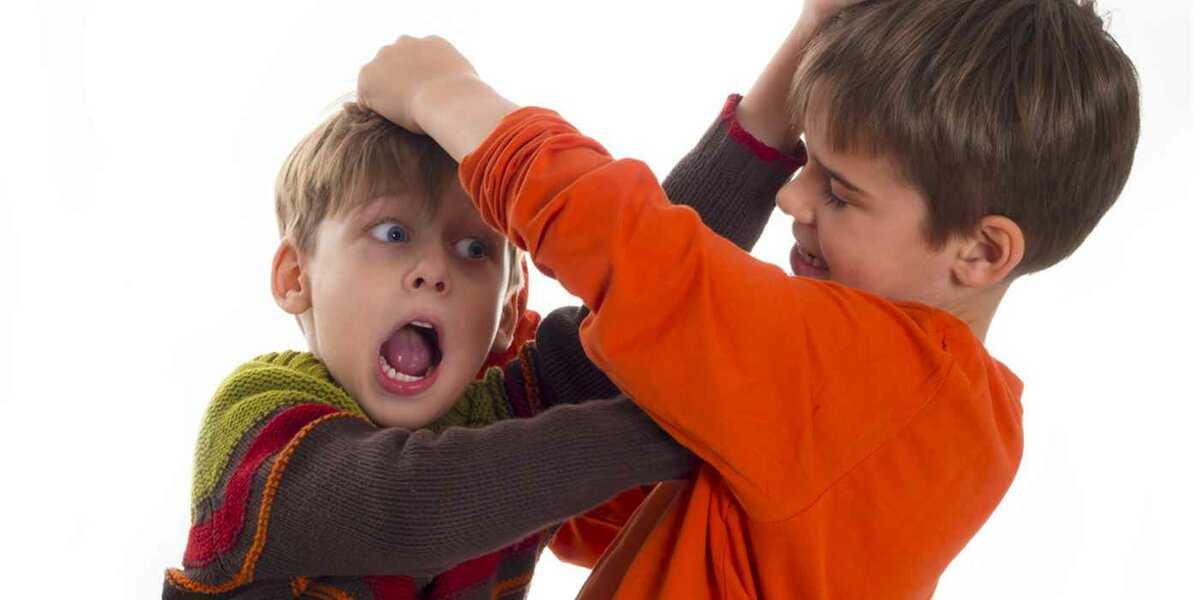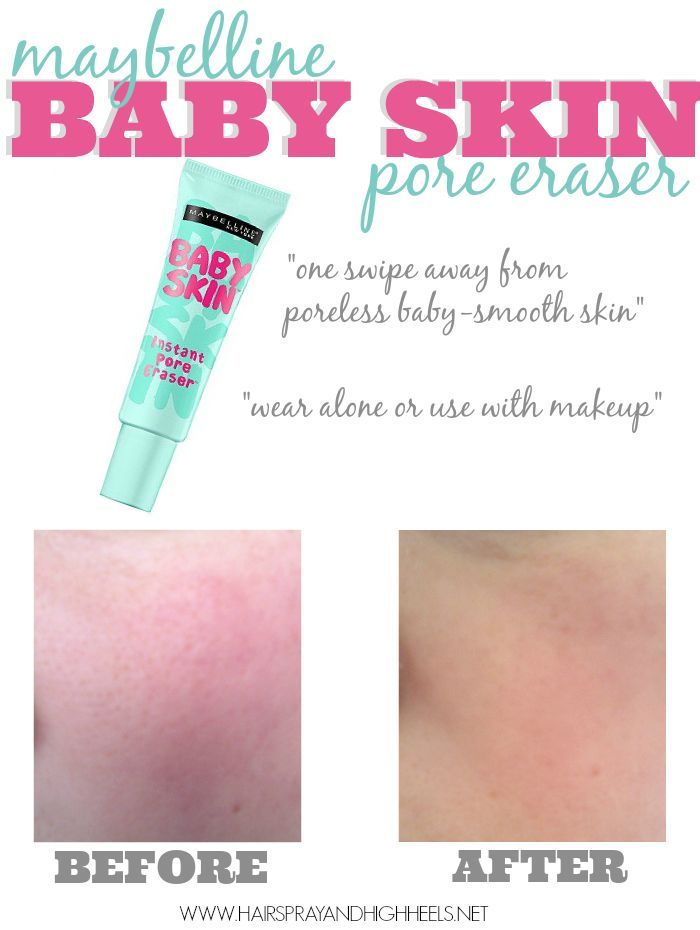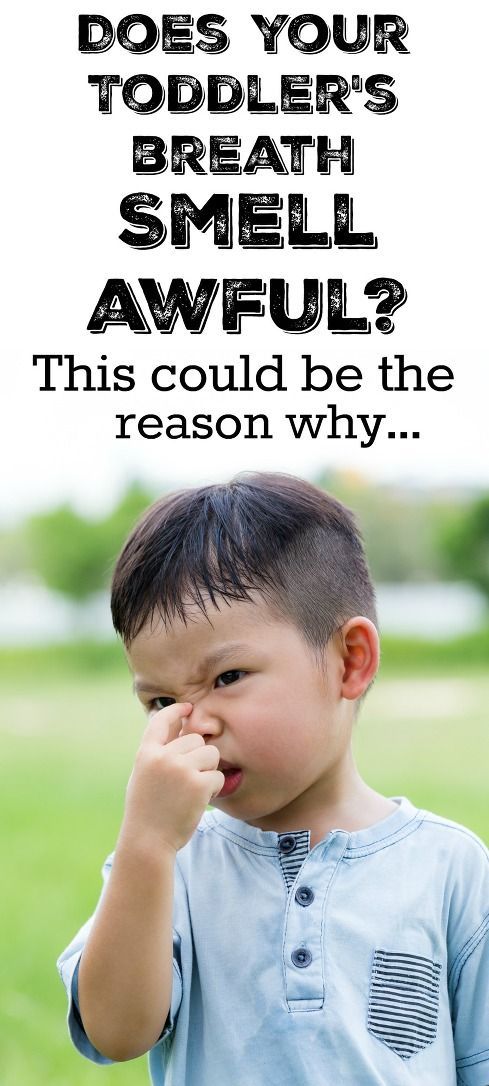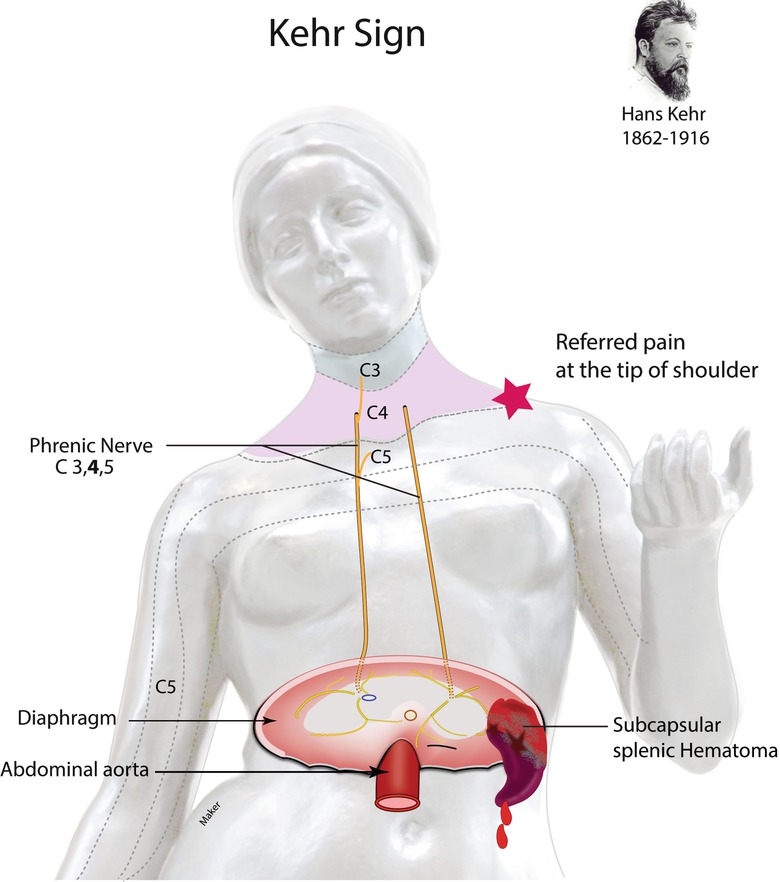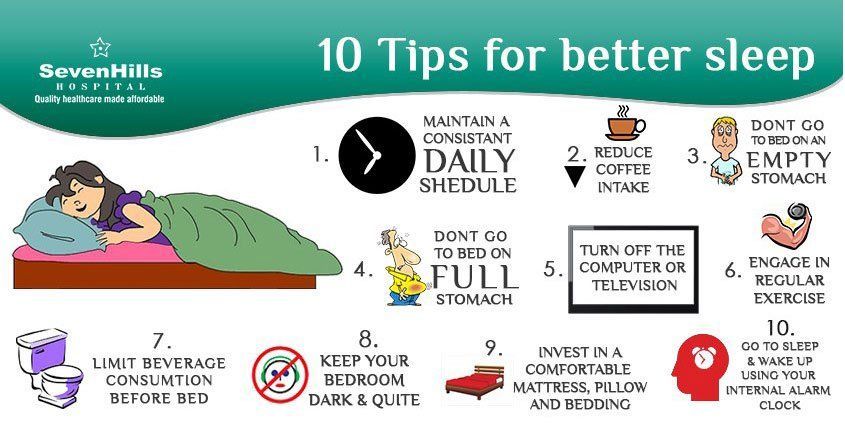How to handle child hitting parent
A script for parents to stop the hitting.
"For me the biggest problem still remains my own anger and fear when my boy is crossing the line -- especially regarding safety. He has hurt me so many times. I know that probably he didn't mean it but the pain sometimes brought me to tears. I wish I could remain calm in those kind of situations."
Staying calm when our child hurts us is almost impossible. Pain sends us immediately into our lower brain stem, which governs the "fight or flight" impulse, and our beloved child immediately looks like the enemy. That automatically drops us onto "the low road" of parenting. You know the low road. It’s when you snarl at your child through clenched teeth, or start screaming, or become physically rough. When you lose all access to reason and feel justified in having your own tantrum.
So what should you do when your child hurts you? Any action you take with your child when you're reacting from physical pain will have results that aren't good for either of you. You will almost certainly escalate and perpetuate a cycle that includes physical violence.
Remember, aggression comes from fear. So even if you don't know what your child is afraid of, even if the aggression seems to come out of nowhere, your child is showing you his fear.
If you answer your child's aggression with more aggression, you will escalate the fear, intensify the hitting, and increase the likelihood of future aggression.
It's not easy dealing with a child's aggression. But there's a better way. Children learn to regulate their strong emotions when we:
1. Accept all feelings. ("I hear how mad you are.")
2. Set firm, clear limits on actions. ("No hitting. Hitting hurts.")
3. Tell them what they CAN do with their feelings. ("You can show me how mad you are by stomping your foot, or you can tell me in words.")
4. Regulate our own emotions so that we act with respect.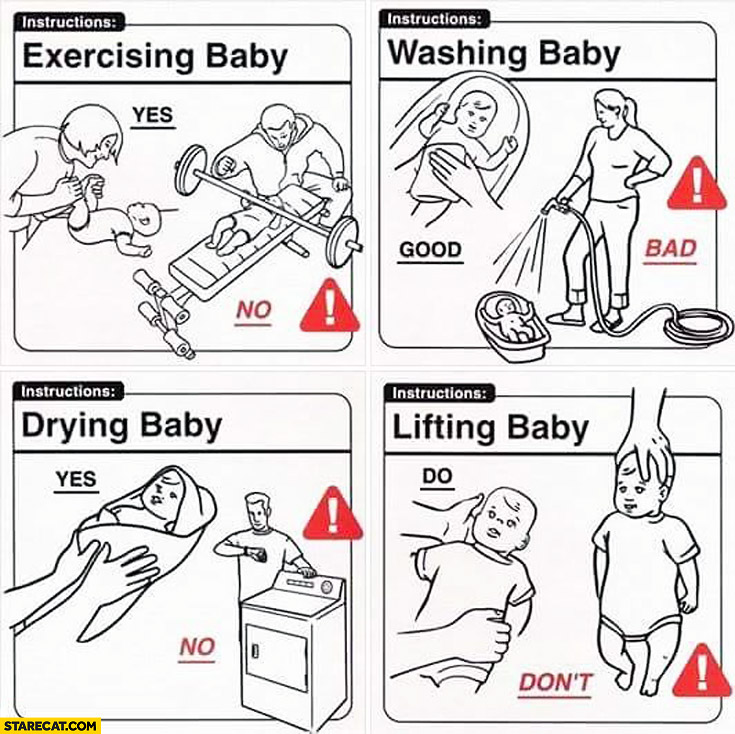
Let's look at this in action.
Six year old Adrian hurls himself at his mother, scratching and clawing. "NOOOOO!!! That's not fair!! I hate you!!!"
Mom sidesteps, but not fast enough. Her arm has a long, nasty, red streak. She shrieks, in pain and outrage. She takes a deep breath, says "OOOWWW! That hurts!! I need to take care of myself right now. I will talk with you after I calm down." She goes into the bathroom and shuts the door.
(If the child has abandonment issues or is younger than five, she leaves the door open and works to calm herself while a frantic child is still yelling at her. Needless to say, that takes practice.)
Mom does NOT use the time in the bathroom to review all the reasons her child is a mean brat who is on track to become a criminal. Instead, she tenderly washes her arm to calm the wounded child inside her who wants revenge. She counts to ten, taking deep breaths. She reminds herself that her child is having a hard time regulating his emotions, and that HER ability to stay calm is a critical factor in his learning this skill.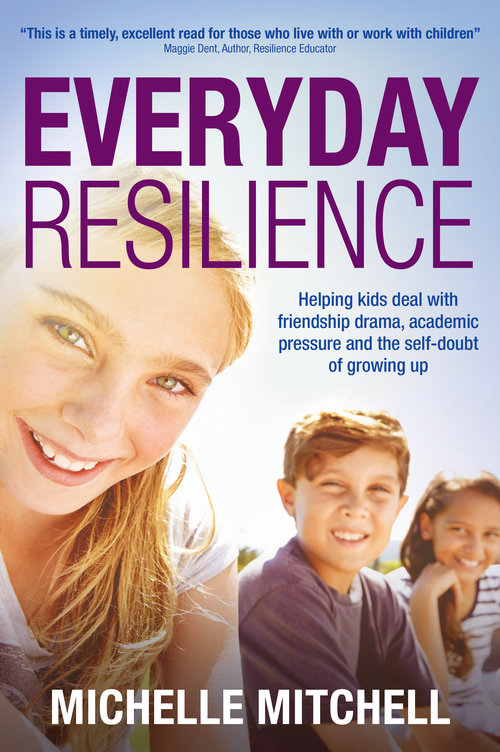
In other words, she resists sliding onto the low road. Instead of giving in to her fear and anger, she chooses love.
Mom reminds herself that her goal is to raise a child who WANTS to control his anger and has the emotional intelligence to do it. That means that punishment won't help here. Instead, he needs to reconnect with her and to get some help managing his emotions.
By the time Mom comes out of the bathroom a few minutes later, she has shifted herself onto the high road of parenting. You know what the high road is -- when you're seeing things from your child's perspective so you can respond to him with patience and understanding.
Mom goes over to her son and gets down on his level, although far enough back so that he can't hit her face. (Being on his level reduces his fear so he's less likely to lash out.) She speaks with tenderness and strength. "That really hurt me. I know you were angry. But people are NOT for hitting. It's never okay to hit. You can tell me what you need without attacking me."
It's never okay to hit. You can tell me what you need without attacking me."
Adrian: "But it's not fair. I NEED to go to Jake's house. You said I could, yesterday." (Notice that Adrian is ignoring the fact that he hit her. Mom realizes that until she helps him with these feelings, he won't be able to absorb the lesson she wants to teach about hitting.)
Mom: "Yes, I did. I see why you're so disappointed. But things have changed now, because Grandma needs us to come spend the night with her. I won't be able to come back to pick you up at Jake's. I'm so sorry. I know you were looking forward to it."
Adrian: "You broke your promise! You're a liar!"
Adrian is still very angry, but Mom's empathy keeps him calm enough that he doesn't lash out physically this time -- only verbally. He storms away from her, across the room. Mom knows this is actually an improvement -- he removed himself rather than hitting.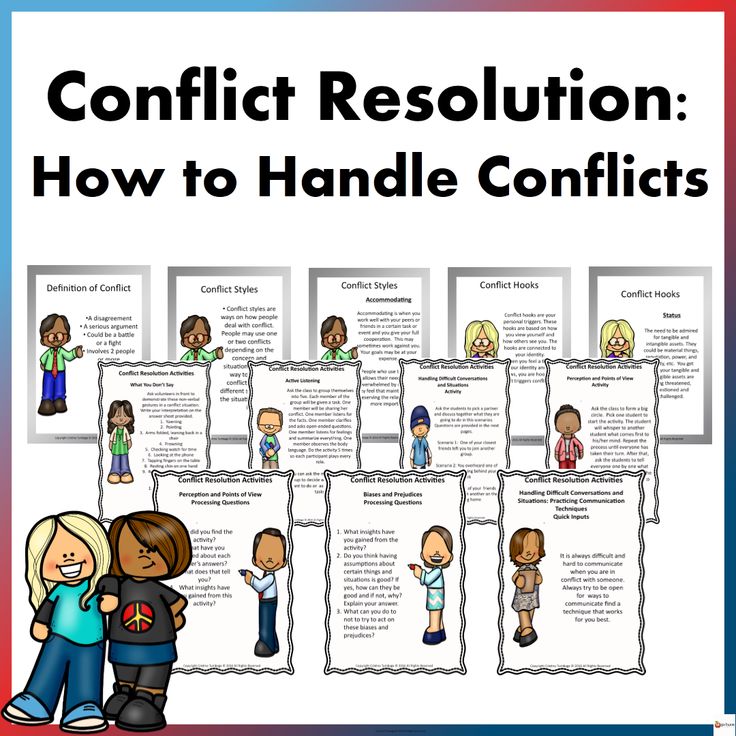
Mom: (Accepting her son's anger.) "You're really mad at me, Adrian. You're right, I promised you and now because Grandma is sick, I have to change that." Mom ignores his calling her a liar, which, to him, she is at that moment, even if she usually keeps her word to him and has a good reason for breaking it this time. She acknowledges the anger and upset that are causing him to attack.
Adrian: (yelling) "You DID break your promise! You told me I could go!"
Mom: (Ignoring, for now, his raised voice, mom speaks kindly and calmly, validating his anger. She models taking responsibility.) "I gave you permission to go and now I won't let you. You're right; I didn't keep my word. There was a good reason, but I still broke my word. No wonder you feel mad and hurt."
Adrian: (Mom's empathy is helping him trust her with the source of his upset.) "All the rest of the kids are going! I'll be the only one who isn't there!"
Mom: "Oh, Sweetie. No wonder you're upset. You want to be there with all the other kids."
No wonder you're upset. You want to be there with all the other kids."
Adrian would rather fight than cry -- it feels better. "You never let me go! No wonder I don't have any friends! It's because you're a liar and a terrible mom!"
Mom doesn't point out all the things she does for him, or that she keeps her word to him most of the time. She doesn't even argue about whether he has friends. She doesn't tell him not to yell or call names. She just stays compassionate and empathizes with his upset. "Oh, Sweetie, I'm sorry this is so hard... I wish I could let you go today."
Adrian's tears well up. Mom's understanding is helping him feel safe enough to feel the vulnerability and fear under his anger. "You don't understand! If I don't go, they won't let me play basketball with them at recess!"
Mom: "You're worried you'll be left out after this?"
Adrian begins to sob.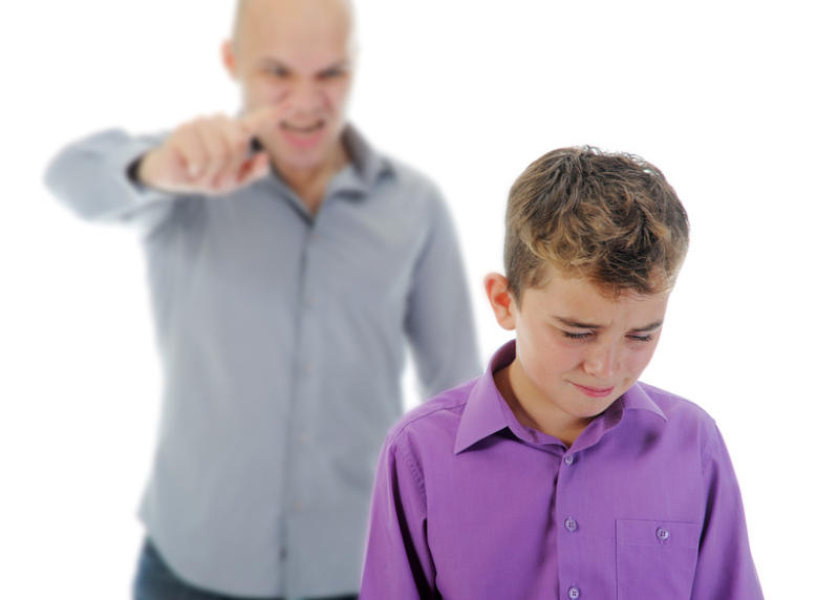 Mom moves closer to hug him. He cries for awhile, and finally stops, sniffling.
Mom moves closer to hug him. He cries for awhile, and finally stops, sniffling.
Adrian: "Jake will be mad at me."
Mom: "Hmmm.....You think so? Just because you can't go today?"
Adrian: "He says only the regulars who practice together can play."
Mom: "Wow! I see why you're worried... Do you really think you'll get left out at recess?"
Adrian: (Thinking more clearly now that he's had a chance to express his feelings) "Yes. But I don't care if Jake is mad at me. I'll get the teacher to help if they won't let me play."
Mom: "That's an idea. Is it the rule that everyone's allowed to play?
Adrian: "Yeah. And anyway, they should want me on their team. I'm a good passer."
Mom: "I would always want you on my team."
Adrian hugs her.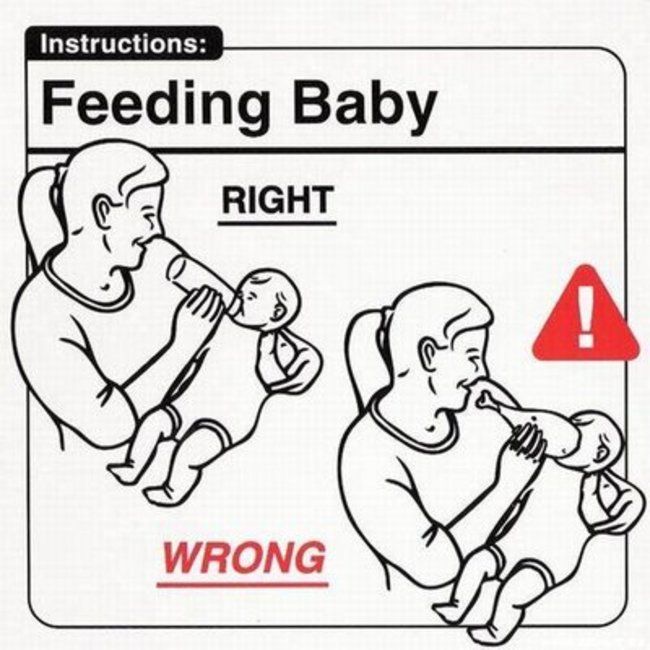
Mom: "But Adrian, there's something important we need to talk about. Look at my arm."
Adrian: (Non-defensive, now that he's come to terms with the source of his upset) "I'm sorry, Mom. Does it hurt?"
Mom: "Yes, it hurts. Adrian, I understand why you were mad. You can be as mad as you want. But hitting is never okay. People are not for hitting."
Adrian: "I didn't mean to hurt you. I was really mad."
Mom: "I understand you were really mad. Mad is ok. Everyone gets mad. But there's no excuse for hitting, EVER. Next time you feel like hitting, what could you do?"
Adrian: "I know, I'm supposed to use my words. But I was too mad."
Mom: "I understand. That is a strong feeling, wanting to hit. But you need to commit, in that moment, to do something with that feeling instead of hitting.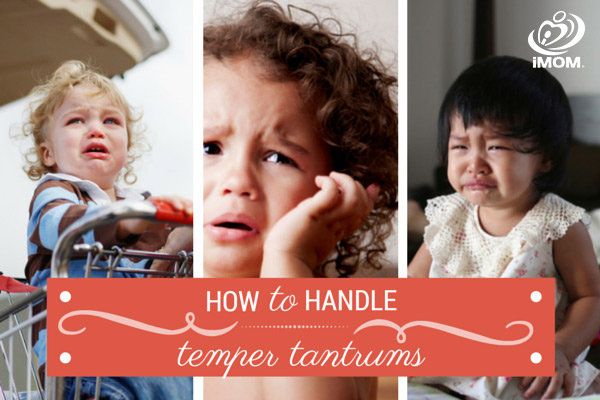 What else could you do with that feeling if you can't use words at that moment?"
What else could you do with that feeling if you can't use words at that moment?"
Adrian: "Scream?"
Mom: "That's better than hitting."
Adrian: "Stomp my foot?"
Mom: "That's good too! And you can also try what I do. You can leave the room and count to ten, taking deep breaths. Let's try it."
Adrian: "Ok." (They count to ten together, taking deep breaths.)
Mom: "Adrian, do you think you can do these things next time you're angry? Because angry is fine, and you will probably feel like hitting again. But hitting is NEVER ok. I would never hit you. You are not allowed to hit me."
Adrian: "Mom, I won't hit any more. I just didn't know what to do when I got so mad. And I was surprised when you told me, that's all. But next time I will stomp and scream instead.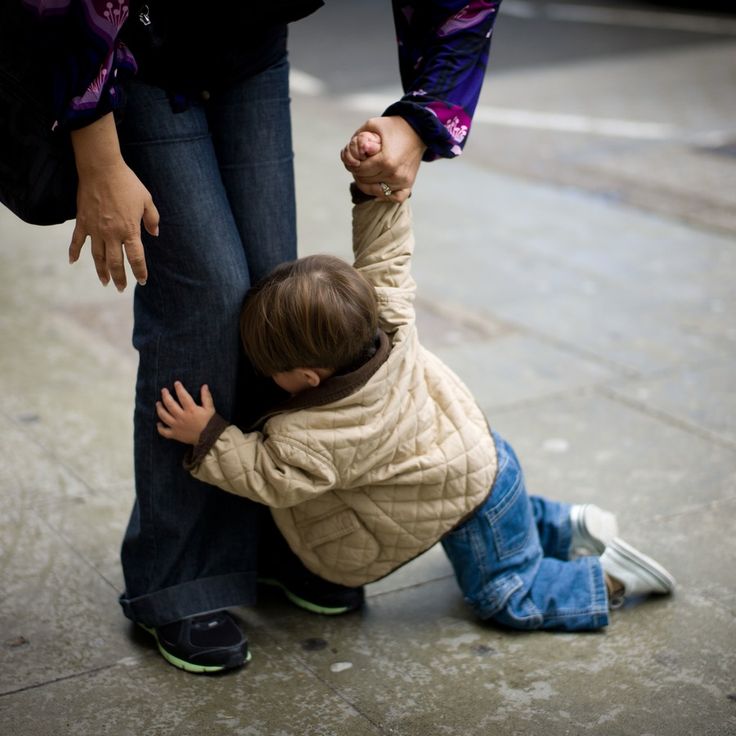 "
"
Mom: "Adrian, it was fine you got angry. I understand that even though I had a good reason, I did break my word to you. And maybe I could have done a better job telling you. But even if you are completely right to be really mad about something, it is NEVER ok to hit, no matter what. You can tell me how you feel and what you need without hitting. Ok?"
Adrian: "Ok. Shake on it." (They shake hands.)
Mom: "Do we need a reminder code for when you're getting angry?"
Adrian: "Can you yell 'Time Out!'? Like a referee?"
Mom: "Sure, I can try that. What will you do when you hear 'Time Out'?"
Adrian: "I'll count to ten and breathe, no matter what."
Mom: "Ok, it's a deal. Now, let's get ready to go to Grandma's. We're behind schedule now, so I really need your help to get ready.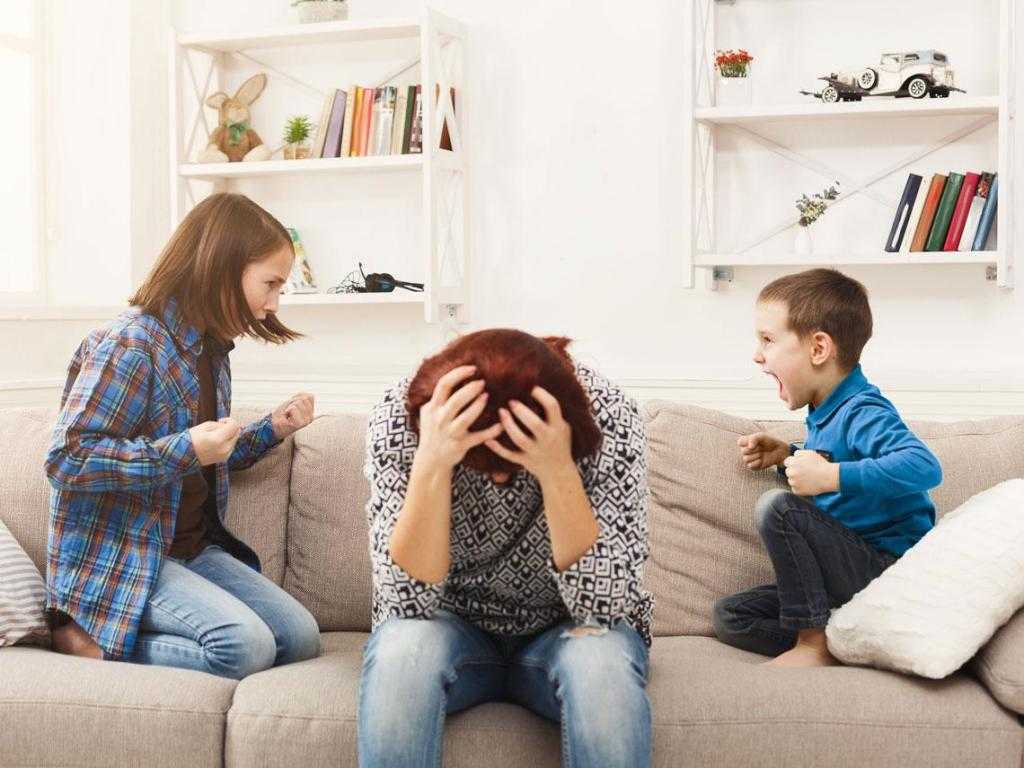 "
"
Adrian: "I'll be fast!"
Do kids always recover so quickly? No. But the more you practice this approach, the more quickly they can get themselves regulated, and the less often they'll lose it. When you calm yourself, they follow your lead.
What has Adrian learned?
- Some valuable skills to control himself.
- That his mom can help him sort things out when he's upset.
- That when there's a problem, the mature thing to do is own up to your part in creating it, as his mother did.
- That he's capable of hurting someone else, and he really does NOT want to do that.
- That his mother will set limits on his actions to keep everyone safe, which is a great relief to him.
- That his feelings are acceptable, but it's his responsibility to choose how to act on them.
And, maybe most important of all, that his mother's love for him is unconditional, even when he's crossed the line.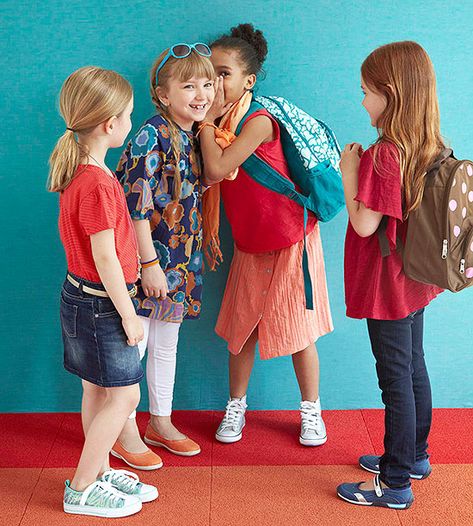 Because with love, there is no line. There is only love.
Because with love, there is no line. There is only love.
***
What if your child is too young to have a conversation like this?
You'll want to read: When Your Toddler Hits You: A Script
What to Do When Your Child Hits You: 3-Steps to Peaceful Behavior
Inside this post: Learn what to do when your child hits you. Effectively stop your child from hurting others without yelling, time out or getting physical.
I literally stepped out of the room for 20 seconds. That’s the amount of time it took for my oldest to tackle his little sister while she proceeded to whack him in the head. The two wrangled on the floor as I attempted to separate them.
Both kids were screaming. I was frustrated. And I would’ve given my tallest cup of black coffee and a biscotti to anyone who could make it stop. I just kept wondering why is my child so angry and aggressive?
Related: The Most Powerful Way to Help Jealous Siblings
Why kids hit, bite and kick.

When kids struggle to find words such as “I don’t like that” or “please stop” or “pay attention to me,” they will turn to hitting, kicking, biting and pushing to help others hear what they are trying to say.
From ages three and below, it’s especially normal to see aggressive behavior in kids. They live in a very physical world of communication that is often lacking in words.
When you get to ages four to seven, it’s also pretty normal to see aggressive behavior from time to time. Especially when kids get tired, frustrated, or in general, do not feel heard and understood.
It’s almost always about power.
The main reason you will see any child (or adult!) try to hit, kick or bite someone is to feel a sense of power and control.
This is why when you tell kids to “stop that” or ask “why are you hitting?” or “how many times have I told you not to hit?” or put kids in time out, you will often see more aggression, screaming or even laughing at you.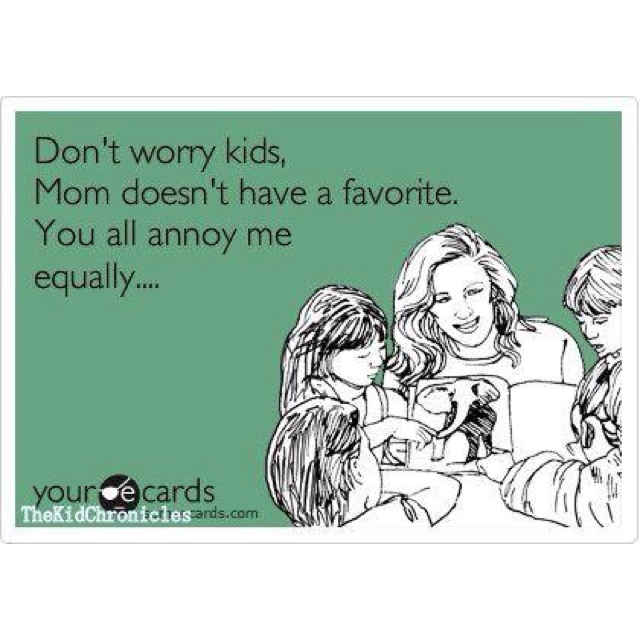
This is the child continuing to try and fill their need for power because that need wasn’t met yet.
So…what’s the solution?
Hitting, biting or kicking each other is never okay, and we always try to nip this behavior in the bud asap. In the past we’ve used these toddler biting strategies and empathetic parenting, and while those things do work, the 3-step method I’m going to share is by far the fastest I’ve ever tried.
It’s worked beautifully when I’ve used it at the playground or social gatherings when kids get into squabbles.
This is a Language of Listening® approach. You can read more about in this 3-step coaching method here.
Step 1: Put your arm out.
This isn’t specifically part of the method, but each time I see aggressive behavior, I always intervene using the least amount of physical intervention needed.
This usually looks like me placing an arm between the kids to block them from continuing to hit or kick. The majority of the time (like 90%) I don’t need to touch either child, unless there is some major hurt or pummeling going on.
Related: How to Teach Kids to Listen Without Using Words
Step 2: SAY WHAT YOU SEE®.
“You’re hitting AND he doesn’t like that.”
“You’re angry AND it’s not okay to hit people.”
Step 3: Offer a CAN DO.
“You can hit this pillow / chair / stuffed animal over here.”
“You can play more gently. Show me gentle play.”
Offering a CAN DO that allows the child to act out their hiting, kicking or biting in a safe way is the easiest and quickest way to help them feel a sense of power while still keeping everyone safe!
Step 4: Name those STRENGTHS.
“You found a way to play well together. That shows you’re cooperative.”
“You hit the chair. That’s right! You know what to hit. You kept everyone safe.”
“You bit the stuffed animal. That’s right. You know what to bite without hurting anyone!”
“You were so angry about xyz. You really wanted to hit me, but you hit the chair instead.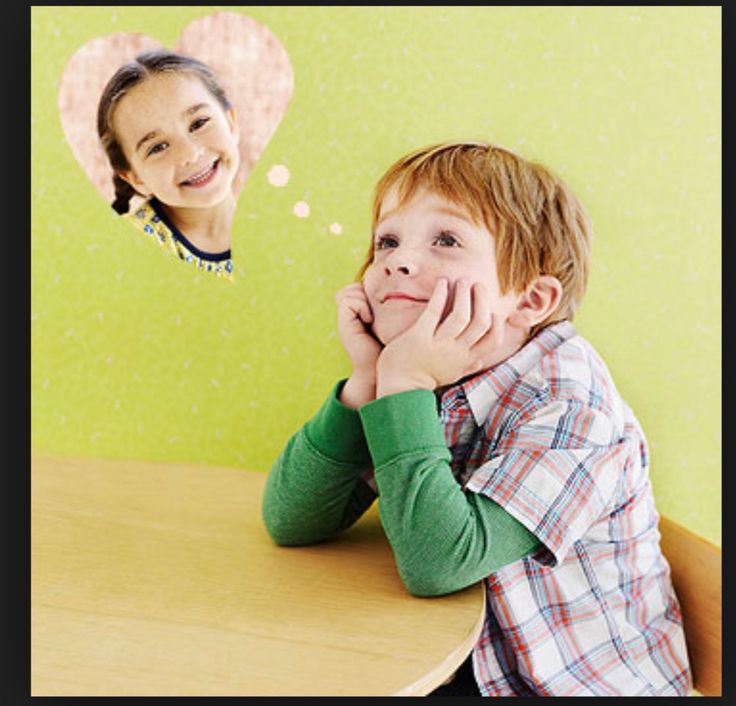 That took a ton of self-control!”
That took a ton of self-control!”
This works incredibly well.
In the moment, this 3-step coaching method is an amazing tool where everybody wins. I also love using this at the playground or when other kids are around because—again—everybody wins.
The child gets to hit, kick or bite to fill their need for power or express any anger or frustration they need to get out. And the parent or teacher or caregiver avoids yelling or getting physical with the kids.
More tools to use when your child hits you.
If you are seeing a pattern of aggressive behavior, there are some awesome ways to work on this when everyone is calm. Kids are best able to learn when they aren’t revved up, upset or frustrated. Working on these things ahead of time made a world of difference for our family.
Read books on empathy.
Teaching empathy to kids is a key component for peaceful and kind behavior, and it’s the number one thing that ultimately helped stop our toddler from biting in the long run.
Practice taking care of a doll.
This is great for both girls and boys. Help your child practice gentle and kind behavior towards a doll in different play scenarios. You could even act aggressively towards the doll and your child could help you make a better choice through play. Allowing your child to teach YOU…that is learning and understanding at the highest level.
Get a punching bag or biting bear.
Have toys in the house that are specifically for biting and hitting. Then each time the child bites or hits, direct them towards the toy that is safe to act aggressively towards.
This is key.
While this 3-step coaching method won’t prevent aggressive behavior from ever happening again–kids are always learning–but it is amazing to watch our oldest stop himself most of the time from hitting and biting others, while reaching for a couch cushion, toy or other object to hit and bite when he needs to get it all out.
The best part is I didn’t have to give away all my coffee and biscotti to find someone to stop the hitting.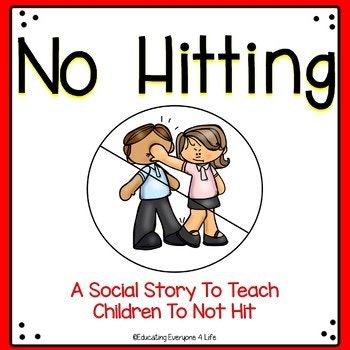 Talk about a win-win.
Talk about a win-win.
Print this free toddler listening checklist.
This post comes with a free printable checklist to help with toddler listening. I always have the hardest time remembering these phrases. This printable simplifies it!
Here is a sneak preview…
Download Your Free Printable
- Download the checklist. You’ll get the printable, plus join 37,000+ parents who receive my weekly parenting tips and ideas!
- Print. Any paper will do the trick, but card stock would be ideal.
- Place it on your refrigerator. Check things off as you go and don’t forget a thing!
Want more on parenting?
- 8 Remarkable Phrases to Help You Raise a Grateful Child
- How to Get Your Child to Follow a Routine Without Reminders
- Tired of Power Struggles? Try This Weird Noise Tip
- 9 Genius Phrases to Use When Dealing With a Strong Willed Child
- How to Stop Toddler Hitting – The Easy Way!
I've created a free email series just for you! If you are struggling with teaching your child to listen, this series will help transform your parenting. Yes, really. I've seen my proven strategies work time and time again for parents. I know it can work for you too.
Yes, really. I've seen my proven strategies work time and time again for parents. I know it can work for you too.
After taking my free email series, you will:
- Learn simple, yet highly effective listening strategies
- Experience a stronger connection with your child
- Enjoy more peaceful parenting days
- Gain more cooperation from your child
Click here to sign up!
Are you new to this community? Start here, friend.
Why does a child beat his parents?
- Tags:
- Expert advice
- 1-3 years
- 3-7 years
- children in the family
- family relationships
Bites, pinches, blows - in psychology, these manifestations are united by the term "physical aggression", which is not considered the norm in society and is subject to condemnation. But this is in adults, but what if a preschool child raises a hand against a parent? Is this acceptable? How to react? Let's try to figure out the problem.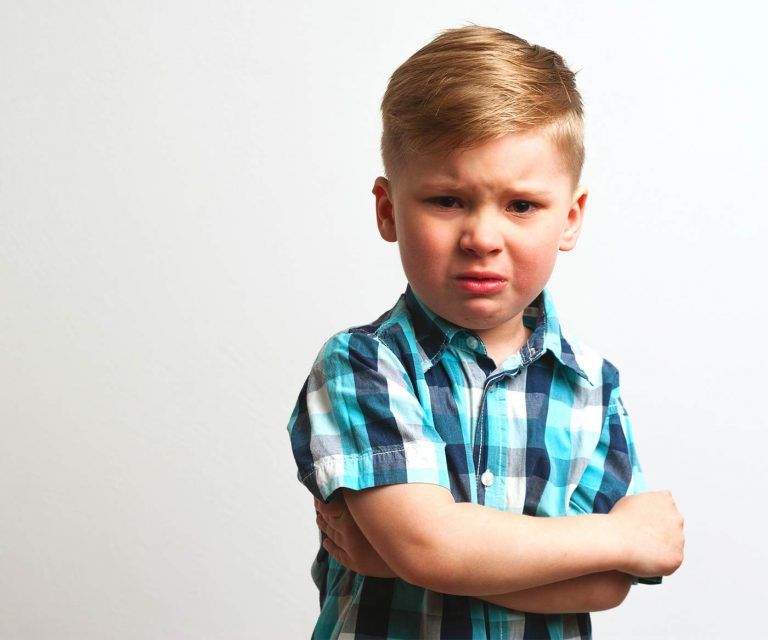 nine0017
nine0017
To begin with, it is worth understanding that no behavior is good or bad: psychologists never think in such terms. But by the behavior of the child, they judge the problems that he experiences, and work with them. If your little son or daughter shows aggression towards their parents, then you do not need to scold him for bad behavior, but you need to figure out why he behaves this way.
Of course, there is no exhaustive list of reasons forcing a child to beat his parents, because all children are individual. But there are some scientifically confirmed patterns of such behavior. nine0017
1) Expression of emotions.
A child is not a robot, but a living person, so he cannot help expressing emotions at all or expressing only joy. At preschool age, manifestations of emotions in children are usually direct, that is, kids do not know how to control emotions, suppress them, think about whether they are behaving correctly or not. Therefore, if a child is angry or angry, one of his natural reactions will be to hit the offender, even if it is a parent.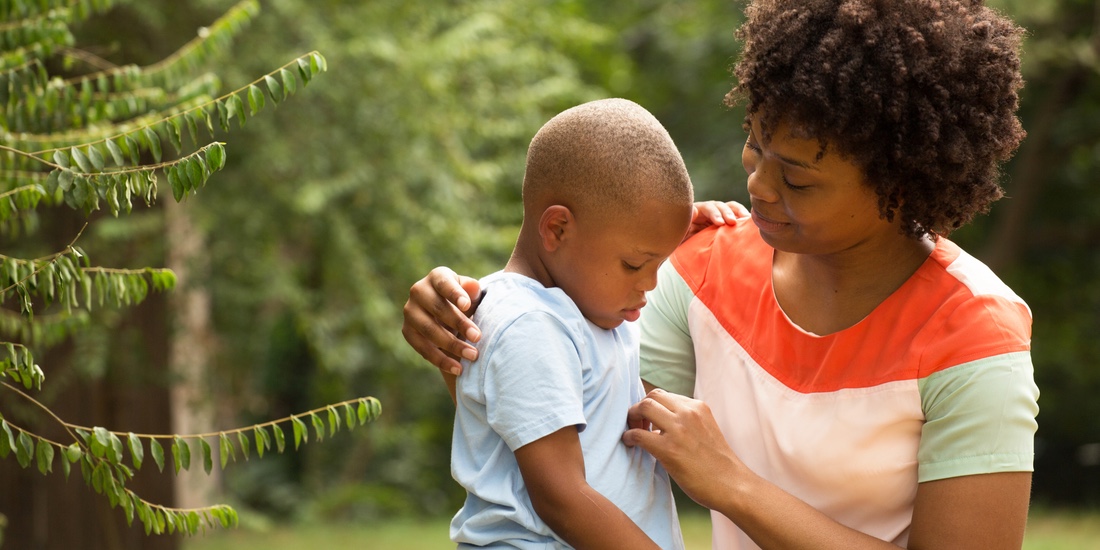
In addition, a child can express resentment, sadness, boredom in this way, because he may simply not know other ways of expressing emotions. And if the child is not allowed to show expression, even in such a form as pinching and hitting, then he may lose his basic life guidelines, he may never learn to understand whether he is good or bad, whether he wants something or not. nine0017
The most correct thing is not to scold the child, but to teach him to recognize his emotions. Ask him how he feels now. Discuss with the child what this or that emotion means. Offer other, alternative options for expressing feelings: draw resentment, imagine sadness, beat pillows, scream out the window.
2) Observation of physical aggression, violence.
In 1961, a group of psychologists led by Albert Bandura conducted an experiment that is known worldwide as the Bobo Doll Experiment. It was attended by boys and girls with an average level of aggression, who were divided into groups.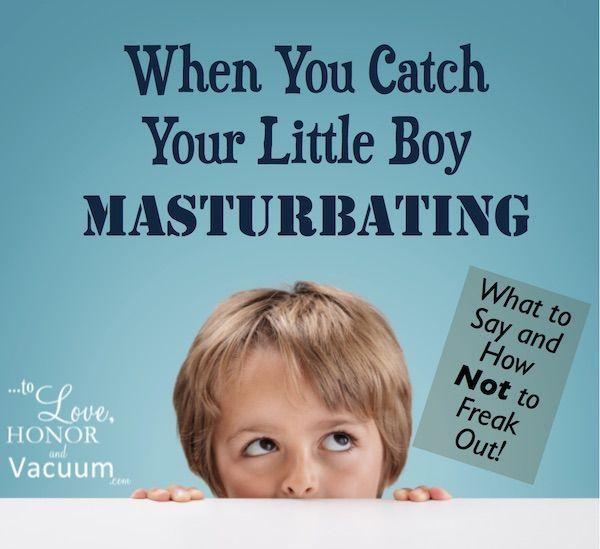 One of the groups observed the aggression of an adult in relation to the doll (it was beaten with a hammer, ruffled, thrown up, shouted), the second - naturalness. It turned out that the kids, in the presence of which people behaved aggressively, copied this model of behavior, moreover, even more subtly: they hit the doll on the head, mounted it, strangled it, and so on. This allowed scientists to conclude that if a child sees another adult showing aggression, then he “learns” to do the same. nine0017
One of the groups observed the aggression of an adult in relation to the doll (it was beaten with a hammer, ruffled, thrown up, shouted), the second - naturalness. It turned out that the kids, in the presence of which people behaved aggressively, copied this model of behavior, moreover, even more subtly: they hit the doll on the head, mounted it, strangled it, and so on. This allowed scientists to conclude that if a child sees another adult showing aggression, then he “learns” to do the same. nine0017
The same experiment showed that if an aggressive person is scolded in front of a child, this will create an educational effect. The child will understand that it is impossible to do this.
Watching cartoons where Masha mocks the Bear with impunity, action films or games where you have to hit to win - all this only reinforces the child's confidence that it is possible to do this, so he allows himself to hit the parent, just without thinking about what is wrong. nine00313) Physical abuse of a child.
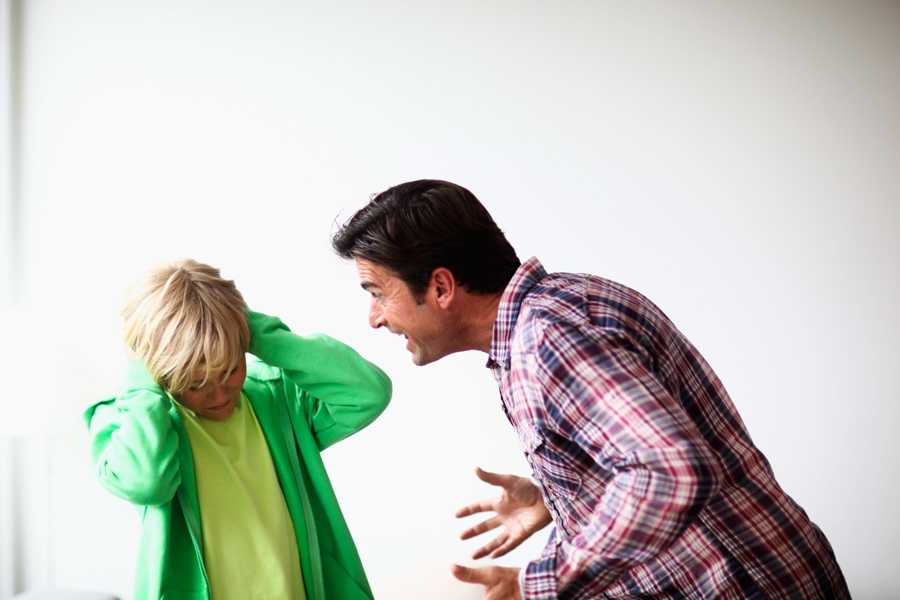
A child who himself becomes an object of aggression will more often show aggression himself. If a child is punished physically (and it does not matter if it is slaps in the face or painful blows), then the appearance of aggression in the child and the desire to hit in response becomes natural.
Physical aggression can come from both parents and others, including other children. But it is not a fact that the child will respond with aggression to the offender. Received cuffs from another child in the sandbox can be redirected to an adult. Thus, if a child hits you, but you never physically punished him, try to find out if he was the object of aggression from someone else. nine0017
If the child has been in this situation, discuss the emotions they experienced. Tell him that when he hits you, it hurts you too. It may be worth discussing what to do if the child is hit by someone else.
If you yourself use physical punishments or “innocent” in your opinion spanks, pinches, slaps in the face as education, then try to reconsider the options for punishments or manifestations of your own emotions.
4) Boundary checking.
The child is an experimenter. It tests the environment for what can and cannot be done. What happens if I do so? What can you touch, what can you feel, with what force can you press? nine0017
Here it is important for the parent to help him establish the right boundaries. Clearly outline what can and cannot be done. To do this, you need to ask yourself: are you for or against the fact that the child pats you on the back, even if not hard? Can you do it with your hands, feet, other things? It is quite likely that different parents will perceive the same actions differently: some as a joke or even as a massage, others as pain and an insult. Tell the child about this, explain what, in what situations and when is acceptable, and when it is not, and what will happen if he continues to do so. nine0017
5) Inability to show love to a parent in other ways
One of the ways to express love, sympathy, tenderness is physical contact - touching, hugging, kissing.
It is possible that the child, having hit you, wants to attract your attention in this way. Lack of attention, ignoring is more unbearable for a child than a parent's reaction to aggression.
If a child started hitting, pinching, biting not after a conflict, but unexpectedly, then most likely he is waiting for your reaction and attention. Ask him if he wants to play. Try to express love and attention to the child in acceptable ways so that he learns to do it too: hug him, tell him about your love, tickle him. nine00316) The child lacks activity.
Physical aggression is a way of splashing out physical energy. Due to age, a preschooler has a lot of this energy. Restraining it in the conditions of a kindergarten, developmental activities aimed at mental development, can be expressed in the desire to "fight".
Try to get your child involved in sports, active outdoor games, again hitting a punching bag if the child wants to do something with his hands.
He can also express his energy on the playground in the circle of peers, in circles aimed at physical development. nine0017
This part of a child's life should be given no less attention than intellectual development.
As already mentioned, this is not an exhaustive list of reasons why a preschooler can raise a hand against his parents, and, as you can see, not all of them indicate that the child has some kind of psychological problems. Such behavior is often the norm, but in order to stop it, parents need to pay more attention to their child, talk to him more often about his emotions and experiences, teach morality and set boundaries for what is permitted. nine0017
If the child continues to behave aggressively, fights constantly or hurts you on purpose, a specialist child psychologist will help regulate his behavior. You have the right to receive free psychological assistance in educational institutions (kindergartens, schools) where the child goes, and in specialized centers at the place of residence.
The sooner you understand the reasons for this behavior, the easier it will be to correct it.
Alexandra Sultanova
How does your child see you?
The experts of the portal "I am a parent" have developed a test for parents that will help you understand how your child sees you - a friend, a tyrant or a servant, and what should be changed in relations with him in order to achieve mutual understanding.
Take the test
Child beats mother: how to deal with the problem0097 child psychologist
When your baby hit you for the first time, expressing his displeasure, you did not pay attention to it. But then, for any reason, he began to beat you and the children in the manger and in the yard.
You don't know how to feel about this? Is it necessary to allow the child to take out his anger on you, hoping that he will cool down and calm down, is it possible to spank him in response, or will regular educational conversations be enough?
First of all, you need to understand what "moves" the child when he manifests himself in this way.
Features of age, nervous system, upbringing, family environment? It is also important to answer the question of what feelings the child expresses through physical aggression and destructive actions. As a rule, the child first shows aggression in response to parental prohibitions and restrictions. On the one hand, such a reaction is quite understandable and natural. A small child cannot be sympathetic to a situation in which some of his needs are not met, for example, for security reasons, or are met with a delay: “Dad can’t play with you now, he’s having dinner, wait a bit.” nine0017
The kid is still in the power of his desires and only with age will he learn to endure, wait or refuse something. The child does not have a “gap” between an emotion and its expression; he cannot, like an adult, experience it within himself. And your task is not to convince the child that being angry is bad, but to teach him to express anger in an acceptable, safe form for others.
- Photo
- Nina Shannon/Getty Images/E+
Set limits
Don't downplay what's going on by saying "he doesn't hurt" and don't console yourself with "he's got that kind of personality".
In response to an attempt to hit you, say firmly: “No! Parents should not be beaten - this is the rule! The sooner you set boundaries and rules, the less reason your child will have to test you. Consistency is needed here: one and the same act of a child should not be evaluated differently, depending on one's mood.
The system of restrictions and prohibitions must be clear and stable; the stability of the child's inner life depends on this. As the baby grows older, the requirements must be reviewed and, if necessary, modified so that there is no contradiction between the child's new capabilities and the previous limitations. After all, limiting the manifestations of independence and initiative can also serve as a ground for the emergence of aggressive behavior in a child. nine0017
It is necessary not only to stop the child's aggressive behavior, but also to try to understand what exactly caused it. Then it will be easier to prevent it.
- Photo
- AntonioGuillem/Getty Images/iStockphoto
Parental experience
“At 10 months, Kira slapped not only us, her parents, but also her nanny and even her great-grandmother in the face for no apparent reason! Frankly, every time I was not myself.
To stop this, we tried everything: prohibitions, affection, explanations ... Nothing helped. It was only when she grew up that her daughter realized that it was impossible to do this. Now at 19months, she changed for the better. If there is a “puncture”, then she understands her mistake and immediately comes to cuddle in order to make amends.”
Olga, Kira's mother, 1.5 years old
Strength for strength
Don't make another mistake: don't give back to your child. Thus, you “legalize” manifestations of physical aggression in the family. The emotional stability of the child also depends on how parents are able to control themselves, manage their own anger. It is in your power to influence how the child learns the skills of adequate expression of feelings. If you tend to respond to the aggression of your child with an angry outburst, then it is likely that the child will copy this form of behavior and will continue to apply it outside the family, in communication with children and adults.
